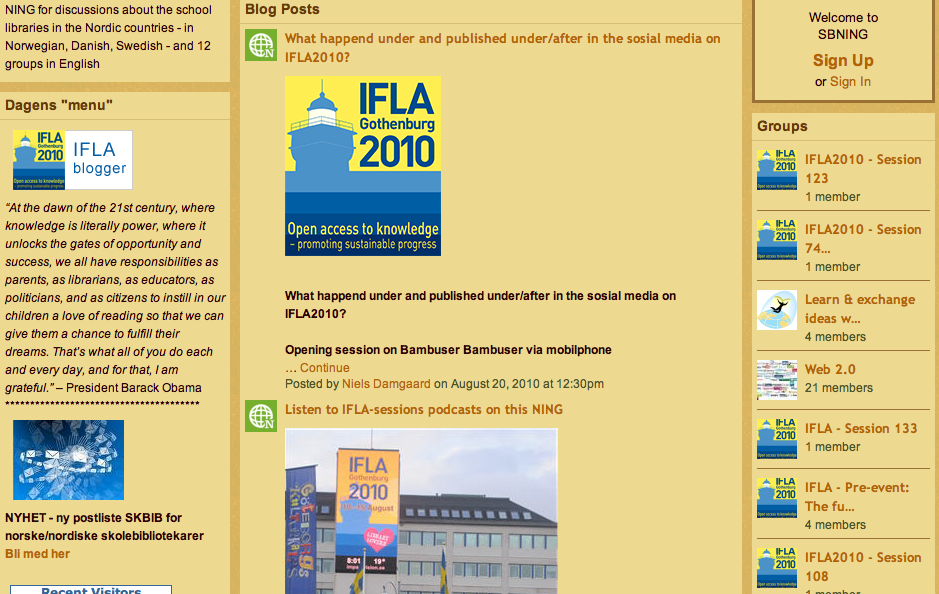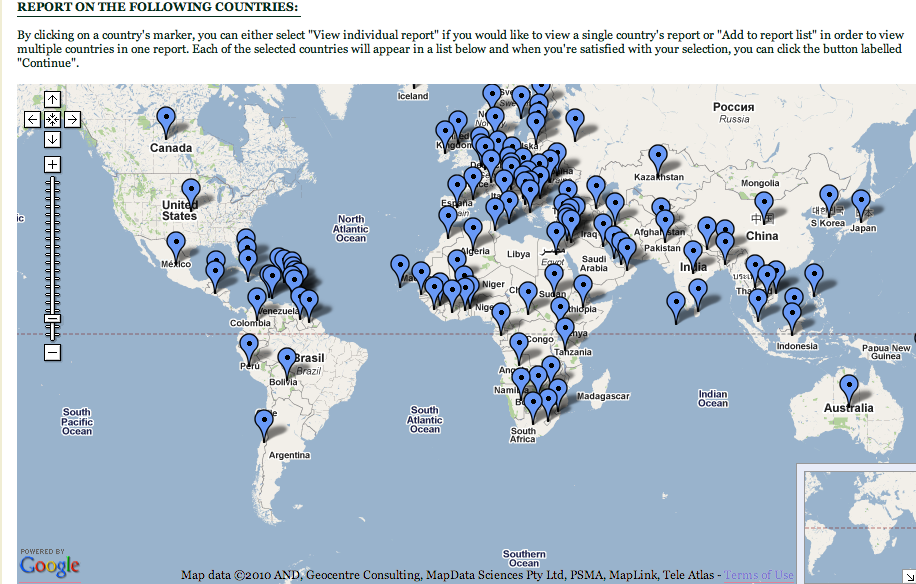The International Federation of Library Associations and Institutions (IFLA) is the leading international body representing the interests of library and information services and their users. It is the global voice of the library and information profession. To this end, it is important that school library professionals acquaint themselves with the recently published IFLA School Library Guidelines (2nd ed).
In recent years many school libraries have come under the spotlight as principals balance the budget of cost against return. In some instances qualified library trained personnel have been taken from the library and redeployed elsewhere in the school, while other school libraries have continued to expand and grow. One of the keys to this change has been the ability of library staff to innovate and adapt to the changing nature of schooling, learning and resources.
In producing these guidelines, IFLA provides recommendations that can guide the discussion about your school library. As they state:
“These guidelines have been developed to assist school library professionals and educational decision-makers in their efforts to ensure that all students and teachers have access to effective school library programs and services, delivered by qualified school library personnel.”
IFLA make a number of recommendations that warrant close reading. Two of these resonate loudly as core programs and the collaborative partnerships required to achieve them, namely:
Recommendation 13. The core instructional activities of a school librarian should be focused on: literacy and reading promotion; media and information literacy instruction; inquiry-based teaching; technology integration; and professional development of teachers. [5.2-5.7]
Recommendation 14. The services and programs provided through the school library should be developed collaboratively by a professional school librarian working in concert with the principal, with curriculum leaders, with teaching colleagues, with members of other library groups, and with members of cultural, linguistic, indigenous, and other unique populations to contribute to the achievement of the academic, cultural, and social goals of the school. [3.5, 3.5.4, 5.1-5.8]
The positive impact of a well functioning school library on student achievement has been extensively studied over the years. We need to be in a constant state of review and self-appraisal if our school libraries are to adapt to changing needs in schools. It’s not easy, but these guideline are a useful tool to support that process.



